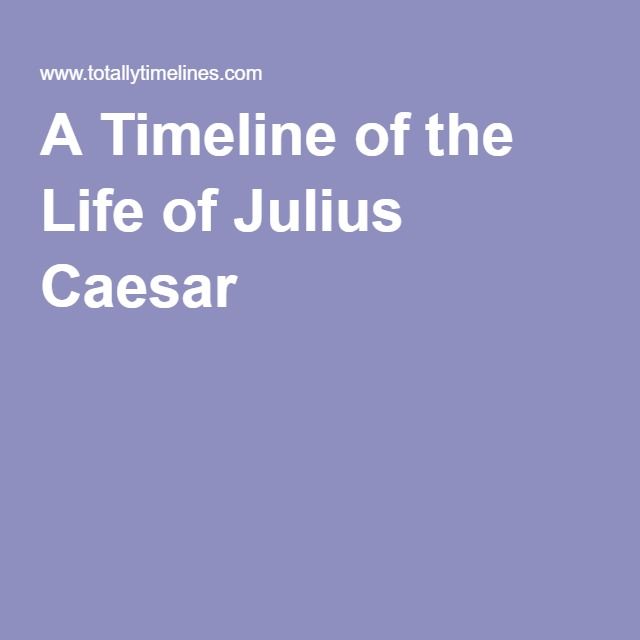
When all was settled, Julius Caesar was firmly in control of Rome. Julius, realizing that this would leave him vulnerable, returned to Rome with his 13th Legion, and civil war erupted.

With the death of Crassus, Pompey aligned himself with the Senate, who ordered Julius to retire and return to Rome alone. At that time there were two other generals/politicians in similar positions, Pompey and Crassus. He was also a politician who sought to parlay his popularity into real power. Julius Caesar was an ambitious general with many victories to his name. One of the secrets of Rome’s power was its mighty legions and the generals that commanded them. (It would be as if Washington, D.C., were an independent city that gradually gained enough economic and military might to conquer the whole American continent.) People who lived within the Roman Empire were conquered people, subject to a foreign power, namely, the city of Rome. In those days, cities (not countries) often wielded the most power, and the city of Rome had conquered much of the known world. A short summary of Roman history and of Julius Caesar’s career will be helpful:įor hundreds of years, Rome had operated as a republic, led by the Senate made up of representatives of the people from the upper class.

The Caesars who followed in his wake played a significant role in persecution of the early church. However, Julius Caesar did instigate the transition from the Roman Republic to the Roman Empire, which was led by a strong emperor/dictator. Julius Caesar is not mentioned in the Bible, nor did he live during the times recorded in the Bible, having died in 44 BC.


 0 kommentar(er)
0 kommentar(er)
